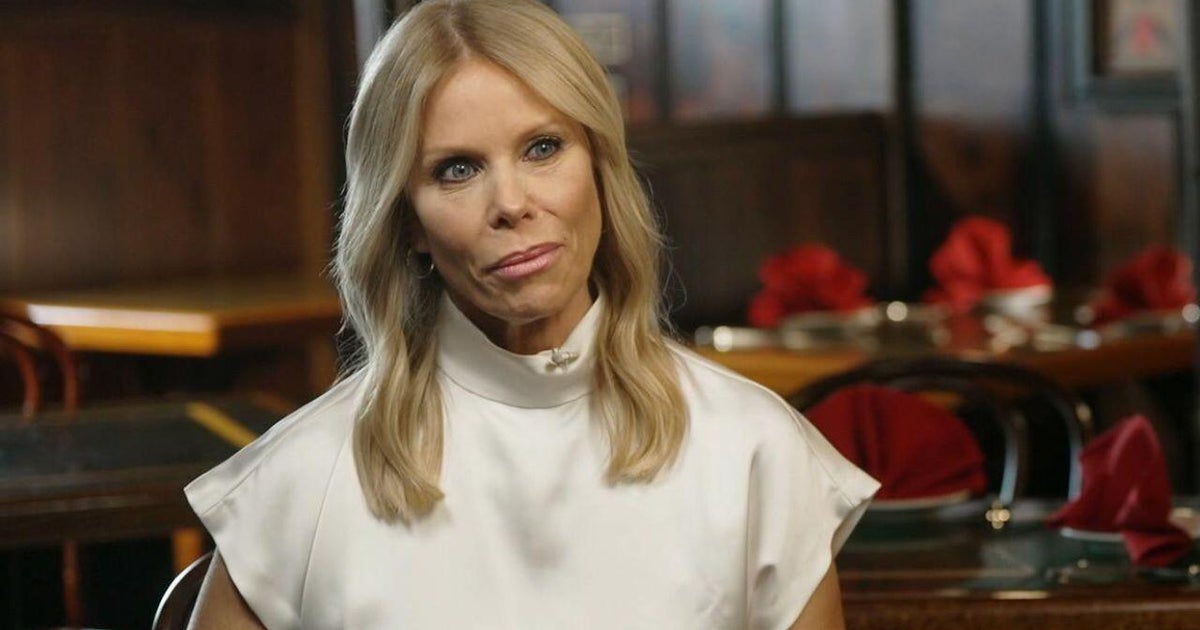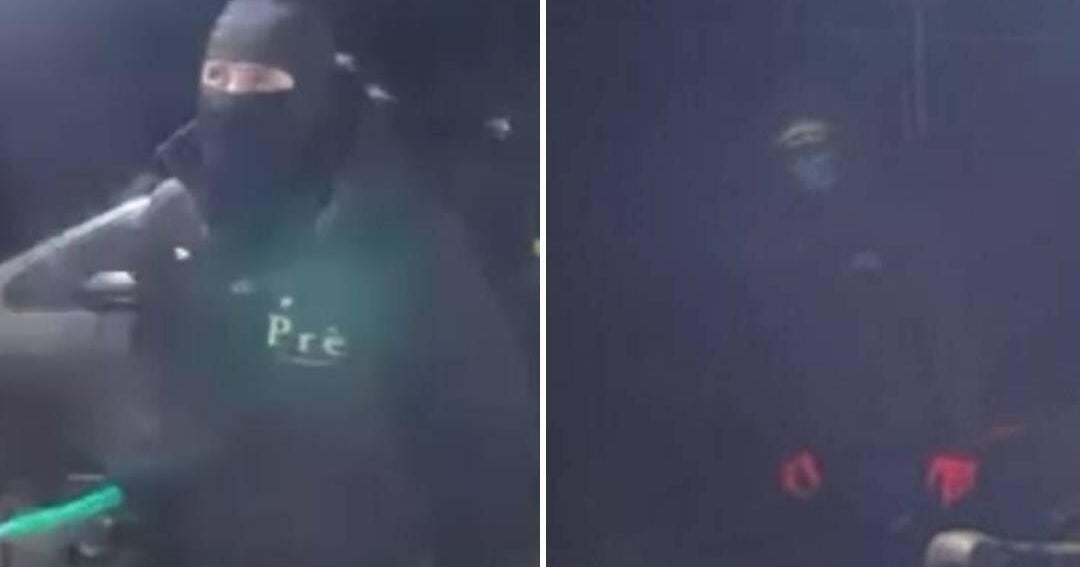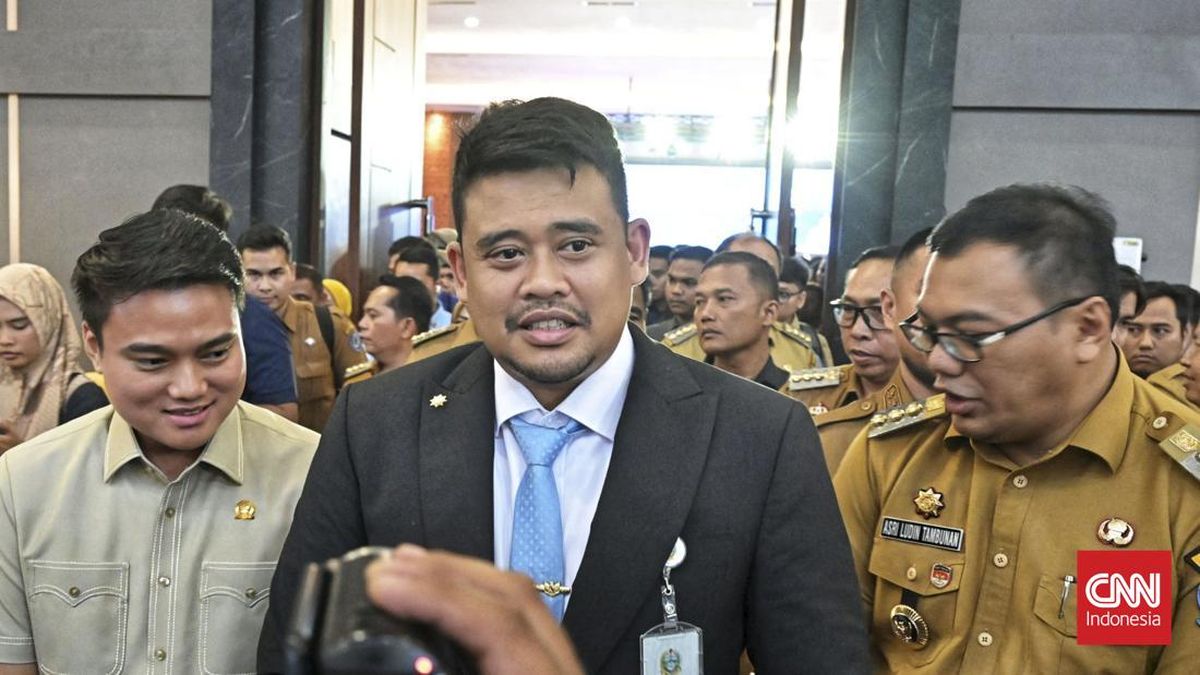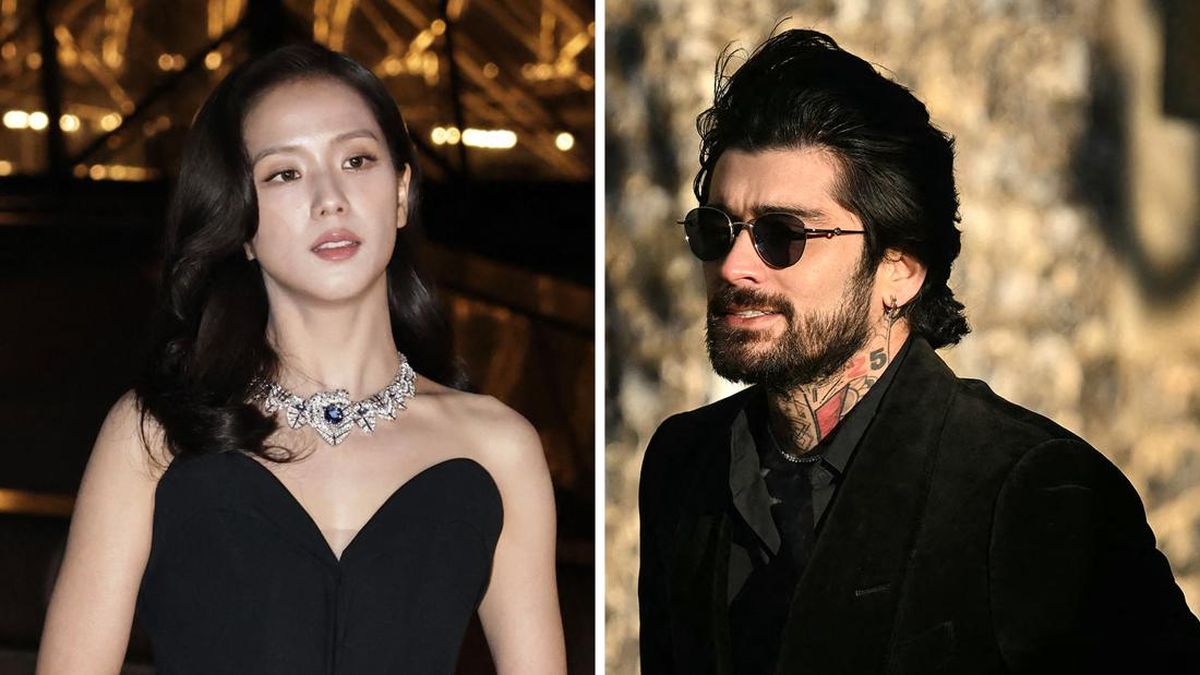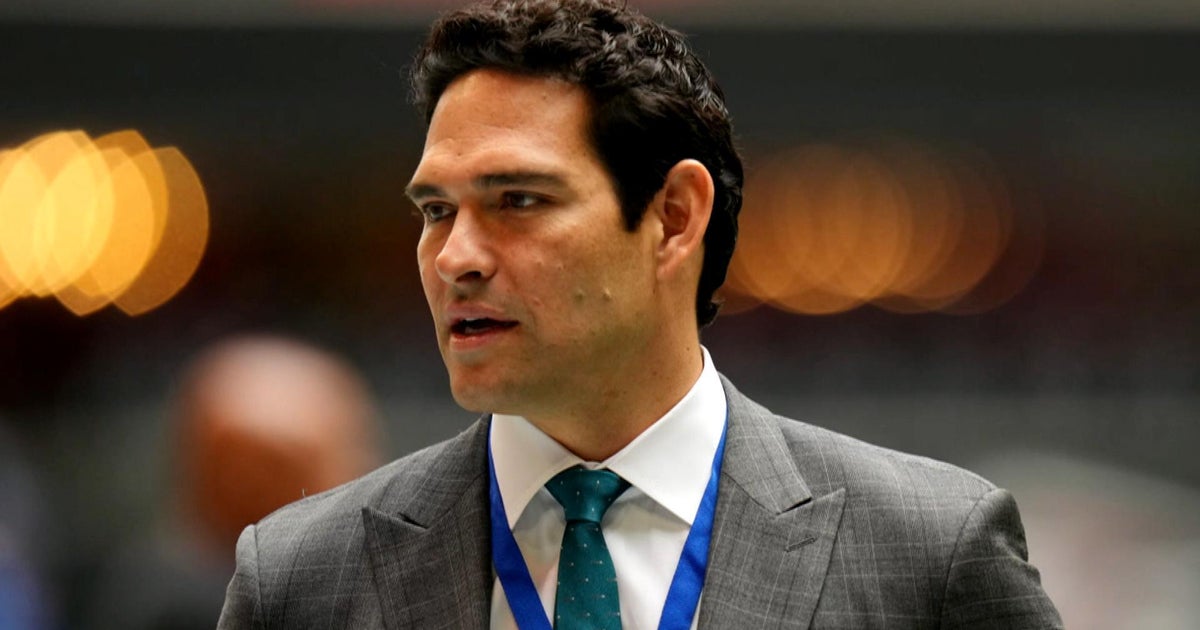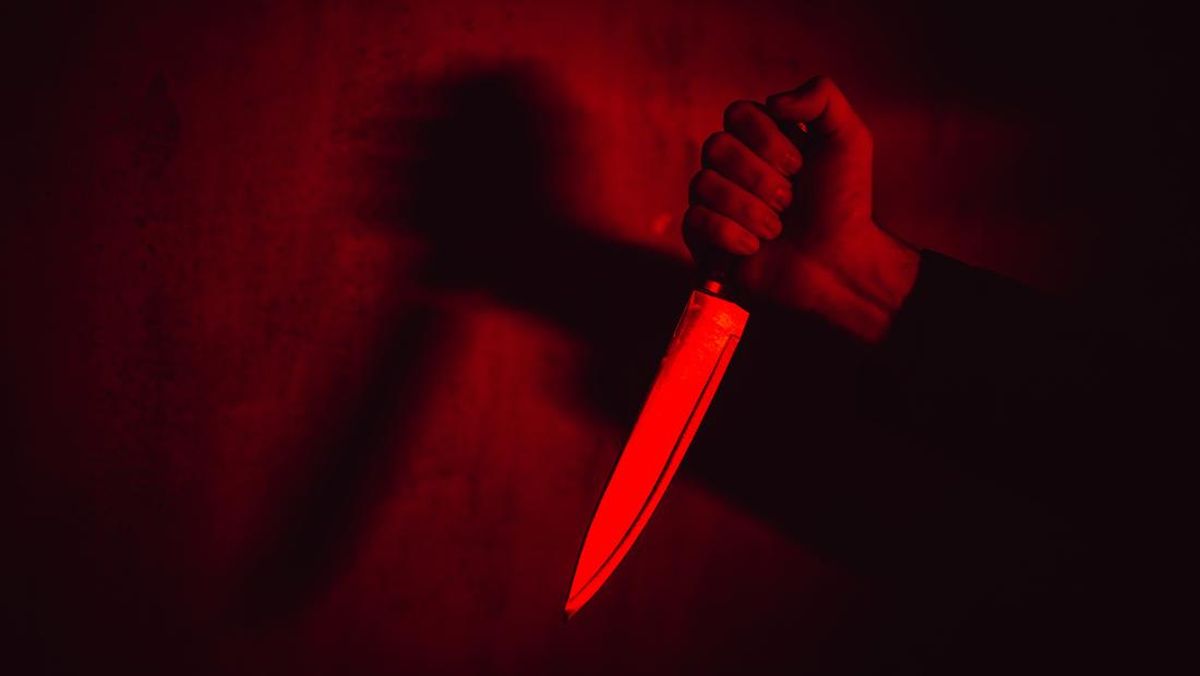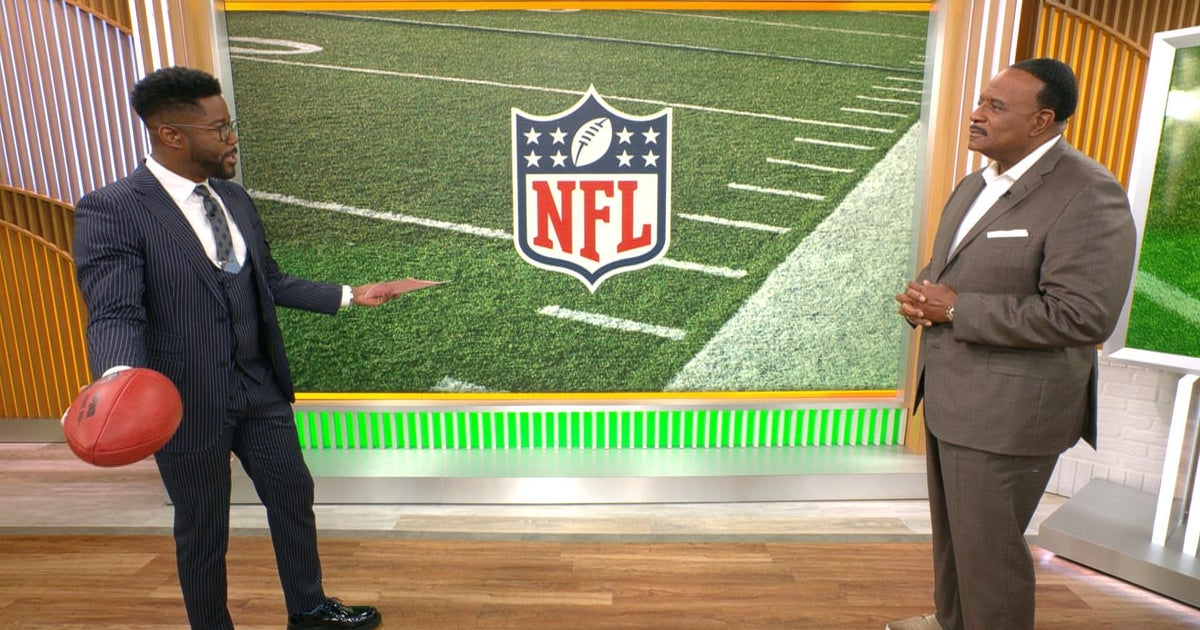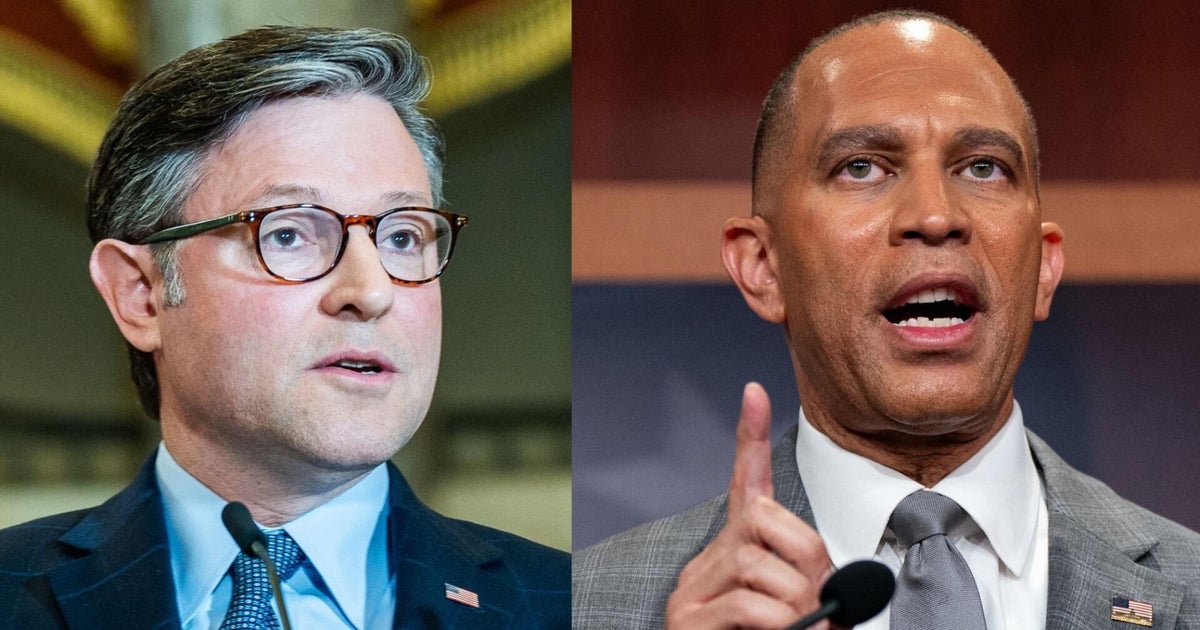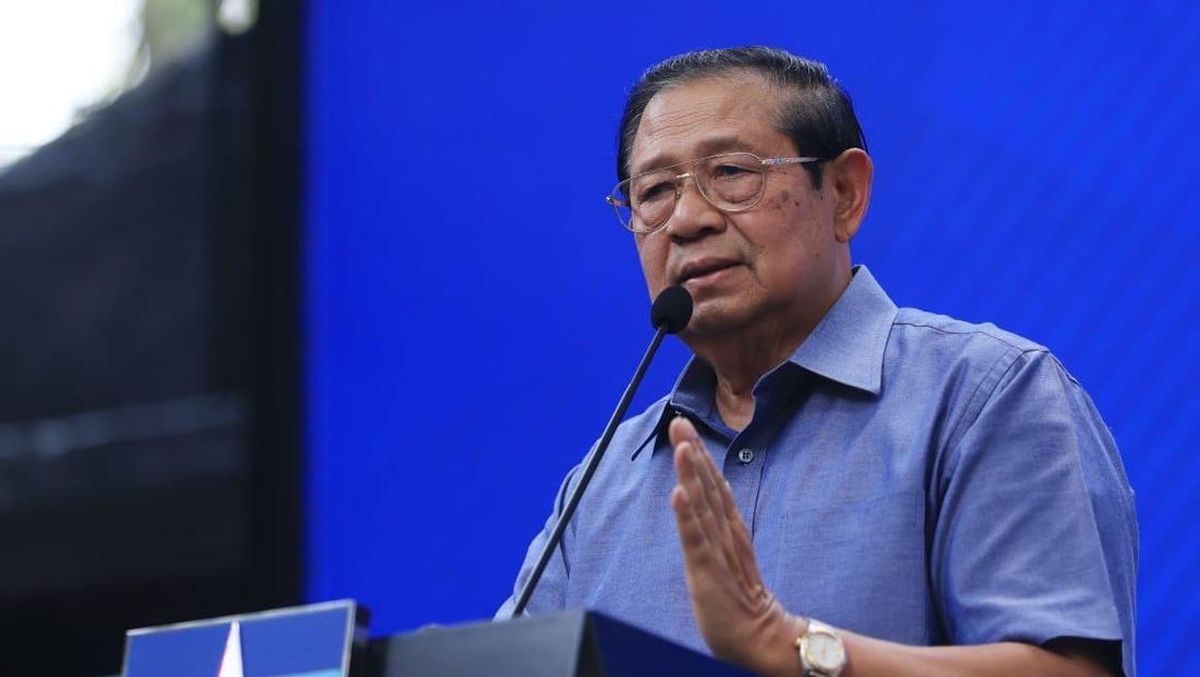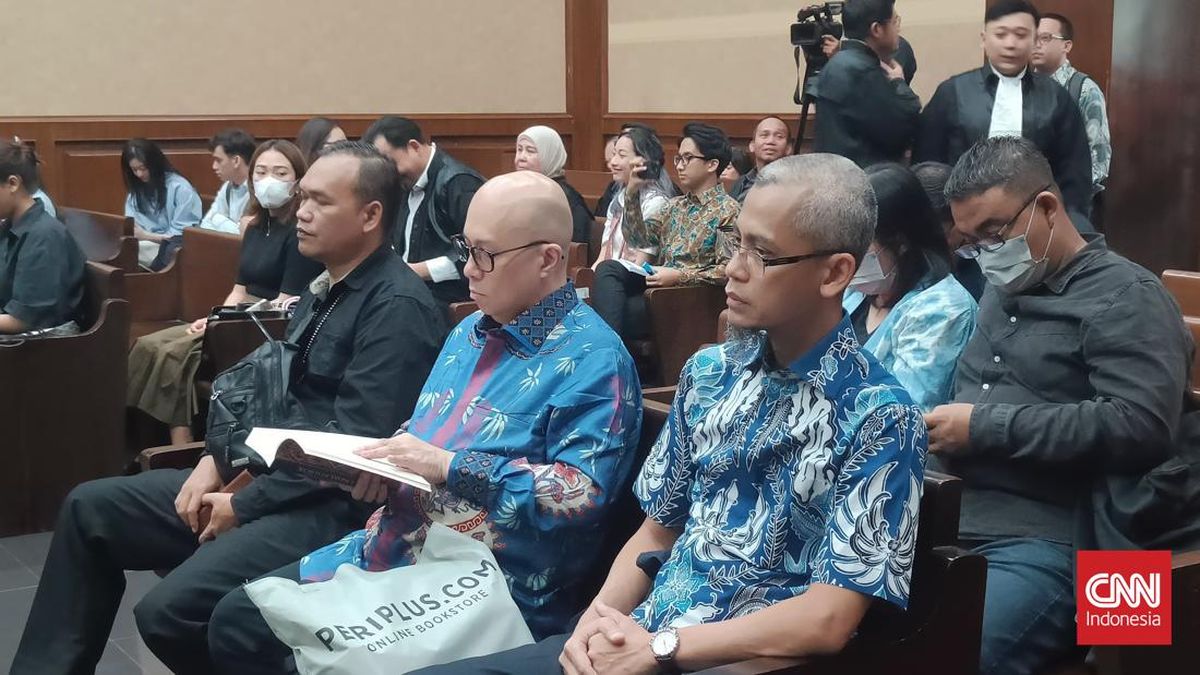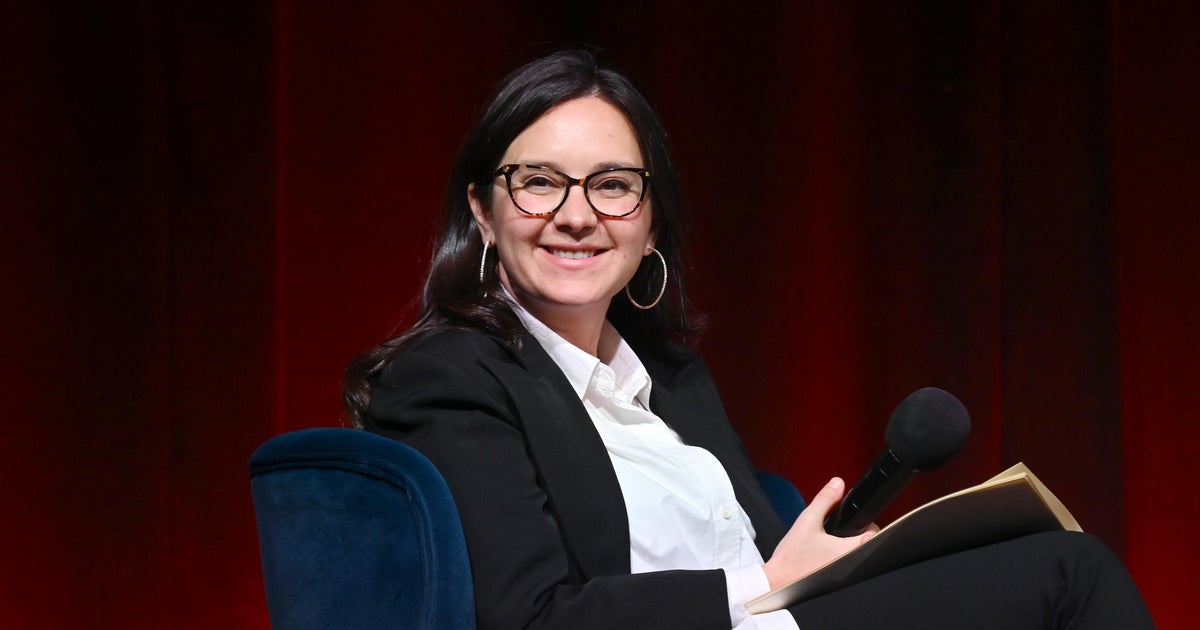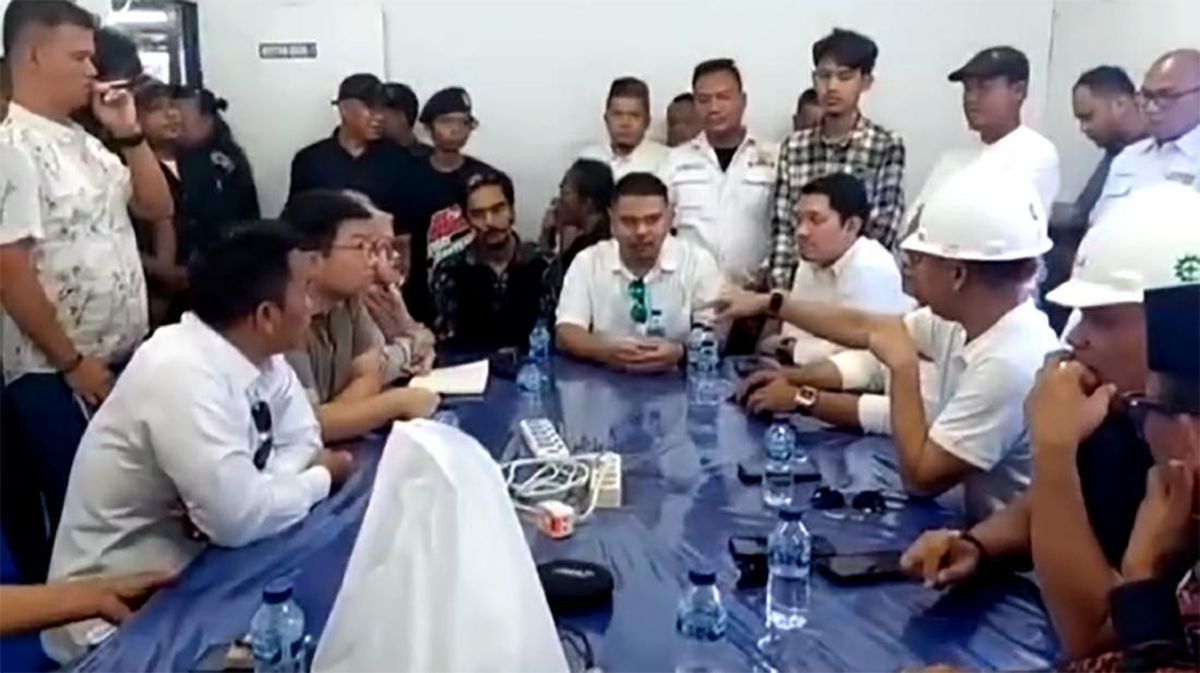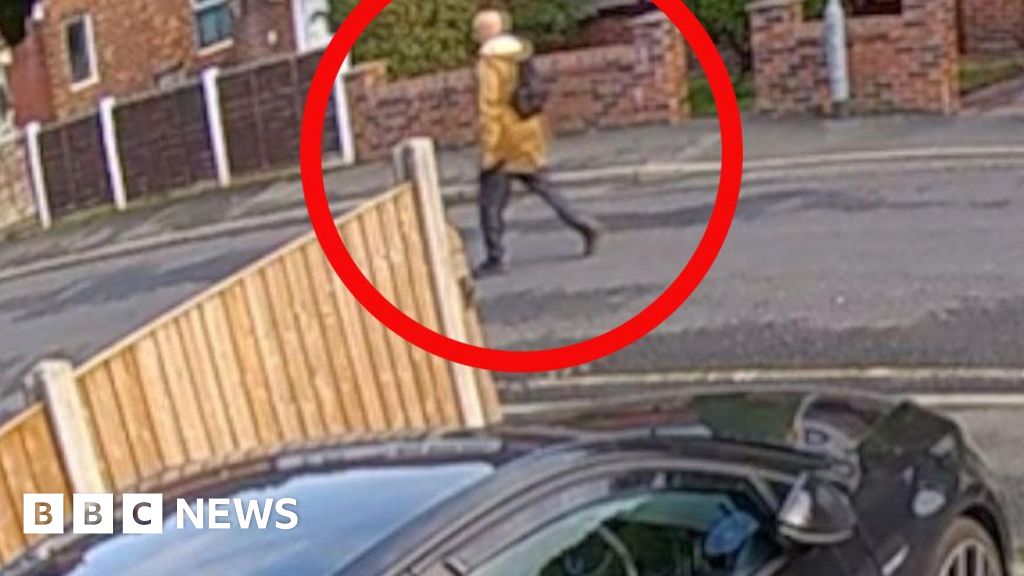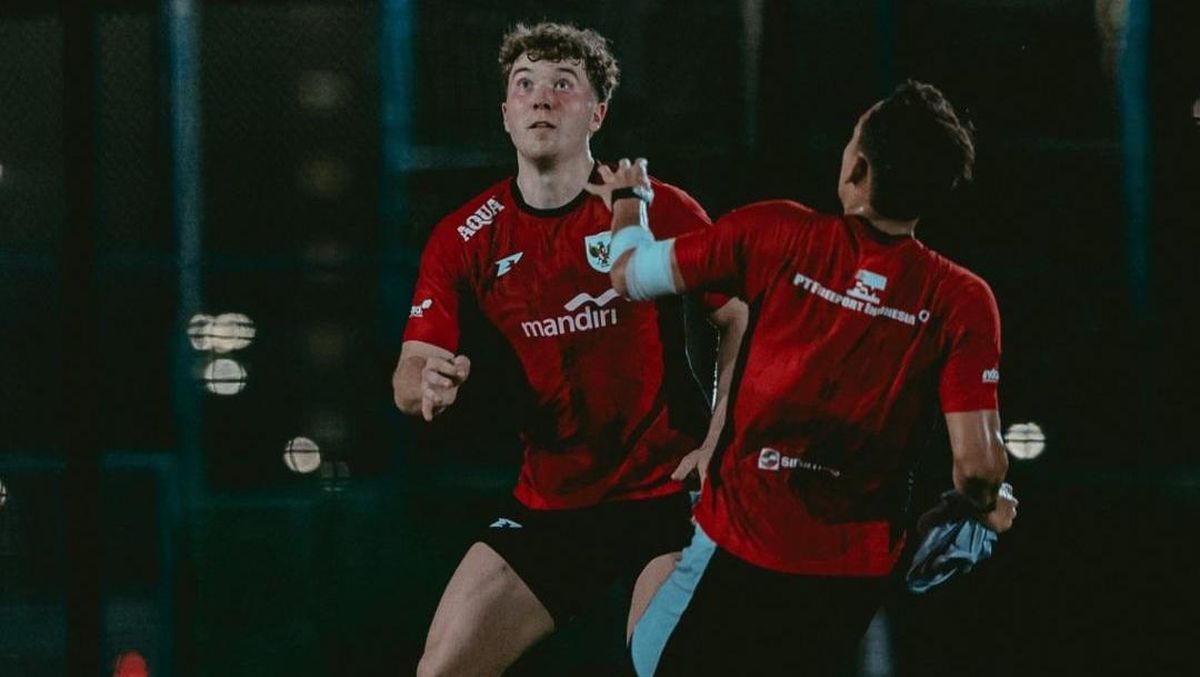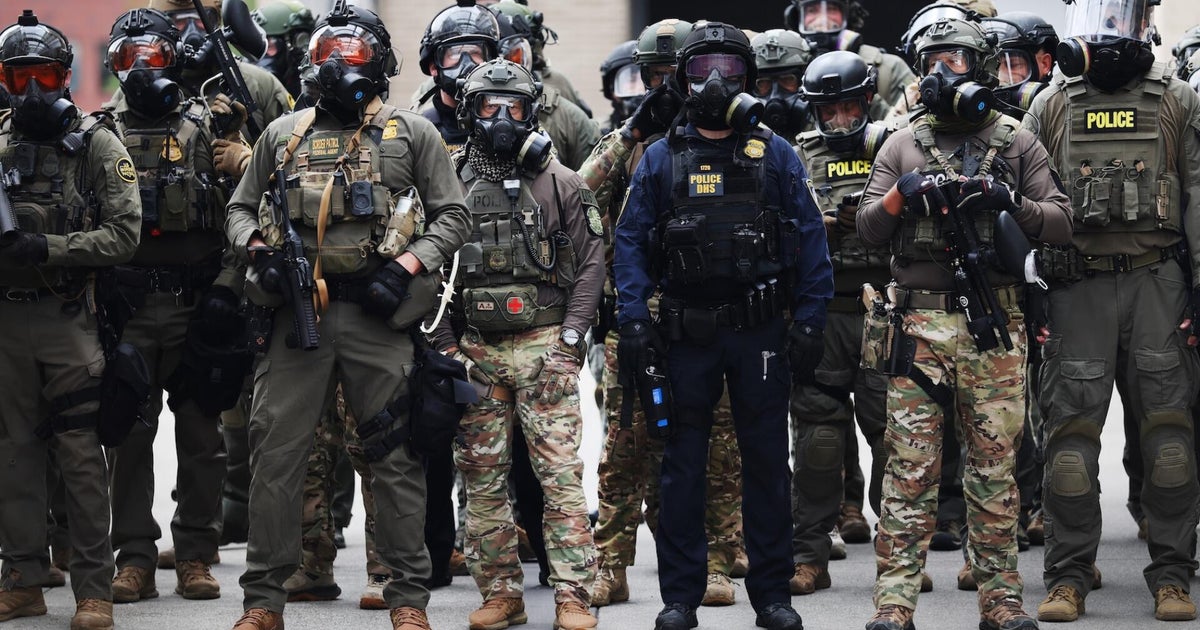Susie Gilmore shares her story with Shona Hendley here.
Back in 1967, Busselton in WA was the kind of place where you could swim at the beach at 5pm, then grab 20 cents’ worth of chips at the fish and chip shop to eat as you walked home. The kind of place where the last person off the jetty would turn out the lights.

I was in a constant state of fear. I kept thinking: Is this the day I die? (Stock image).Credit: Getty Images
As the youngest of seven kids, I was mollycoddled. I didn’t go out much. I’d go to the local cafe to pick up milk and visit a friend who lived nearby. Compared to most 15-year-olds, I was pretty naive.
On March 5 that year, I’d been at the cafe with my friend. We were walking home and as we reached a corner, she said goodbye and headed towards her house, while I turned to mine, only 200 metres away.
A car pulled up beside me and a man asked for directions. I didn’t realise it, but two other men had already got out of the car. They grabbed me from behind and put me in the boot.
The next morning, my parents reported me missing. After this, it became big news and a search ensued.
By then, I’d been taken into the bush. Two of the three men raped me. For 10 days, it went on like this. We’d move from bush site to bush site. One of them had a rifle he often pointed at me, a warning not to run. I was in a constant state of fear. I kept thinking: Is this the day I die?
One of the men was different to the others. He didn’t rape me. He was also the one who helped me escape. On day nine, we moved from the bush into a house. He told me: “Tomorrow you’ll be free. I will not be party to murder.” This is what the other two were planning.
I didn’t believe him, but the following day he took me to the back door, opened it and said, “Run for your life.”
So, I did.

A newspaper clipping at the time of Susie Gilmore’s abduction.
As I ran through the neighbourhood, I came across a woman in her garden. She got her husband and they took me to the police station.
When I told the police what had happened, they didn’t believe me. They thought I’d been out with my boyfriend – not that I had one. The more I told them, the less they believed me. So I stopped talking. I went inside myself; I guess you could call it catatonic.
I was put in a juvenile detention centre. After five days, I was released into the care of my parents. There was no explanation or apology. The police just said, “Be a good girl.”
When we went back to Busselton, I was shunned. People avoided me, wouldn’t talk to me, even people I thought were friends. When I returned to school, it was the same. The other kids taunted me and wanted to know all the gory details. It was so bad the principal put me in a taxi and sent me home. I never went back.
The trials were held later that year, a separate trial for each man. I had to take the stand each time, and I had to see the men again. I was terrified. I felt ashamed and dirty.
The abduction had a ripple effect on my family. My mum didn’t know what to do. I think my dad felt guilty. He wouldn’t talk to me, nor would my brothers.
SUSIE GILMOREMonths later, they were found guilty. One received 23 years, one got nine years and the third five years. I was relieved but also angry at the differences in their sentences.
The abduction had a ripple effect on my family. My mum didn’t know what to do. I think my dad felt guilty. He wouldn’t talk to me, nor would my brothers.
I told Mum I’d marry the first man who was kind to me and get the hell out of the town, and that’s what I did in 1970. My husband and I moved to Perth for a few years, then to Collie, where my three children were born. The marriage ended in divorce. What happened to me played its part.
Loading
I spent a long time dealing with big emotions. I had nightmares, I woke up sweating, I had shocking mood swings. I slept with a knife under my pillow for years. I feared being alone. I’d jump at loud noises, or if someone came up behind me.
In 2000, I was diagnosed with PTSD after finally seeing a doctor who didn’t dismiss my symptoms. I was put on medication, which helped. But many people don’t understand PTSD, so I’m good at putting on a mask.
After years of not talking about what happened, a few years ago, I was invited by the principal of a local school to share my story. It was hard, but I am so glad I did it. It helped me and made a difference to the kids, too.
In the weeks following, I received a box of letters from the students telling me how brave I was and thanking me. One letter said, “I hope you heal. Your story opened my eyes.” This really touched my heart.
By sharing my story with them, and here now, I want others to remember to not take life for granted. I’m 73 now, and my experience still affects me. But I’ve learned to live in the present and take each day as it comes. The good or the bad.
If you or someone you know is affected by sexual assault, family or domestic violence, call 1800RESPECT or visit 1800RESPECT.org.au. In an emergency, call 000.
Get the best of Sunday Life magazine delivered to your inbox every Sunday morning. Sign up here for our free newsletter.
Most Viewed in Lifestyle
Loading


